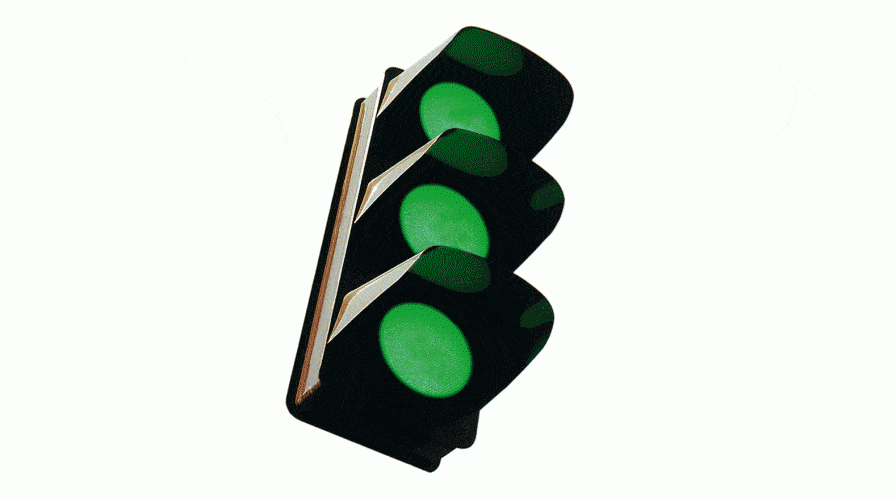Regions supporting entrepreneurs and designers to innovate (REDI)
Supporting design-driven innovation at a regional level

Regions supporting entrepreneurs and designers to innovate (REDI)
- Country
- EU-wide
- Funder
- European Commission
- Investment
- €1m
- Time
- 2 years 10 months (ongoing)
- Project partners
- REDI consortium
Background
REDI is one of six design programmes supported by the European Commission under the EDII (European Design Innovation Initiative). REDI’s particular focus is on supporting design-driven innovation at a regional level.
REDI’s key target audience is business advisors. Business advisors can have a tremendous impact on the development of a company but they are often biased against design – assuming that it’s only applicable to a narrow range of activities. Making these advisors aware of how design can help many kinds companies, in a variety of circumstances, is key to the project.
By working with business advisors the ultimate aim of REDI is to help companies integrate a range of design disciplines into their innovation strategies – and so increase their international competitiveness.
How design helped
The project team have conducted a comprehensive evaluation of existing design support programmes across Europe. This review examined both the methods each programme used, and analysed the outcomes for participating companies. The report is called Supporting design-driven innovation: a review of selected programmes.
The project also offered updates and guidance on innovation support best practices through its newsletter and public seminars. Details of these are published on the ACPI (Agence pour la promotion de la création industrielle) website, the lead partner on the project.
REDI also ran a series collaborative design workshops connecting designers with businesses, across a range of EU countries – and number of different forms of support service have been developed and tested. The REDI team’s findings make clear that there is no ‘one size fits all’ service that will work across Europe, as context is crucial in any attempt to support a region’s business network.
REDI has also offered individual help to SMEs through its pilot service the B2B Brokerage Design Lab. This allows companies can apply for consultation, develop design-implementation proposals, and access funding. Where funding is provided SMEs are required report back periodically on the progress of their projects.
Outcome
Building on Supporting design-driven innovation report the REDI project helped develop three of design support services for business. These were created in response to the challenges of using design in specific national contexts.
KID Knowledge for Innovation by Design (Brittany, France)
REDI worked with Brittany's Chamber of Commerce to provide a design coaching package and toolkit tailored to the needs of local companies and business advisers. Through the KID website the Chamber of Commerce is sharing the knowledge gained through the programme.
Find out how design helped two small businesses in Brittany to grow.
Brokerage Design Lab (Ruse, Bulgaria)
The Business Support Centre for SMEs (BSC-SME) in the Ruse region of Bulgaria launched a pilot service matching companies and designers.
One of their first users was a small software company based in Sandanski who trialled the service. The company develops business management software with all design previously handle by their in-house developers. The service allowed them to find a designer to create an attractive and functional new interface for their software.
Design Option (Lahti, Finland)
The idea of this service run by the Lapland University of Technology was to reduce the risks involved for companies taking on their first design project. The scheme allowed companies to buy their first design services at reduced fee, allowing them to see first-hand the benefits of design on a small low cost project, before committing to a major investment.


Comments